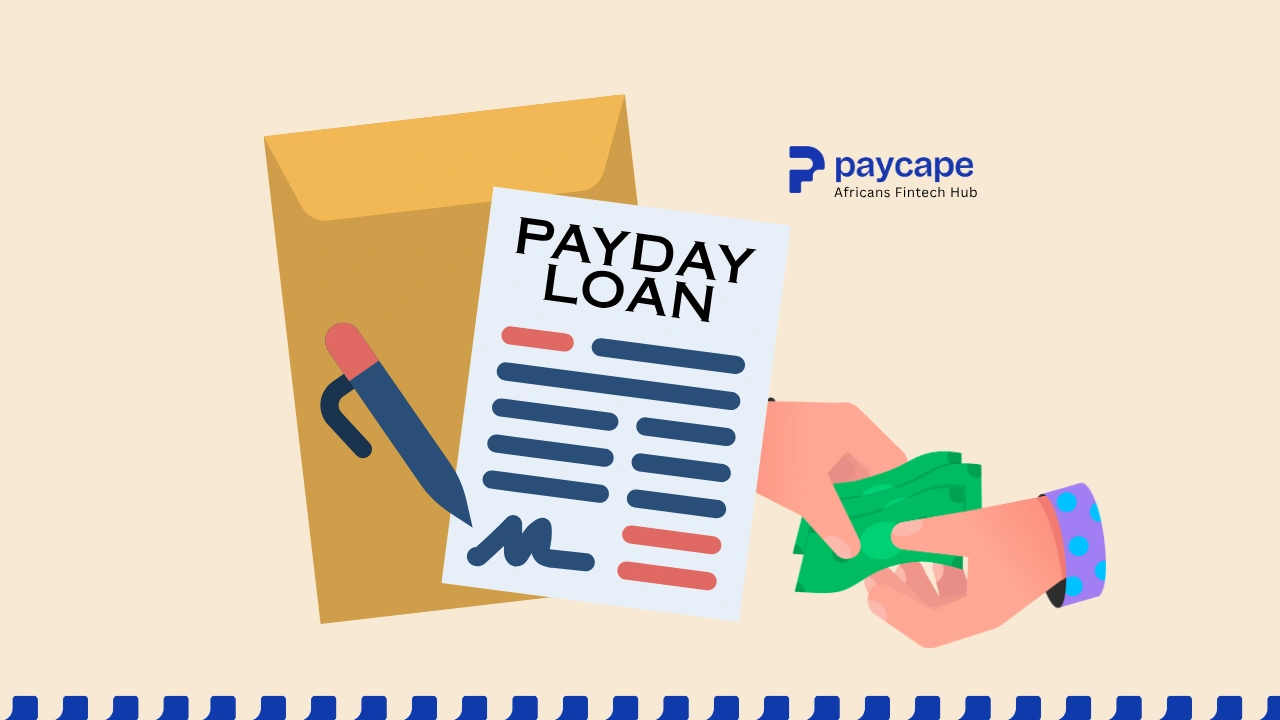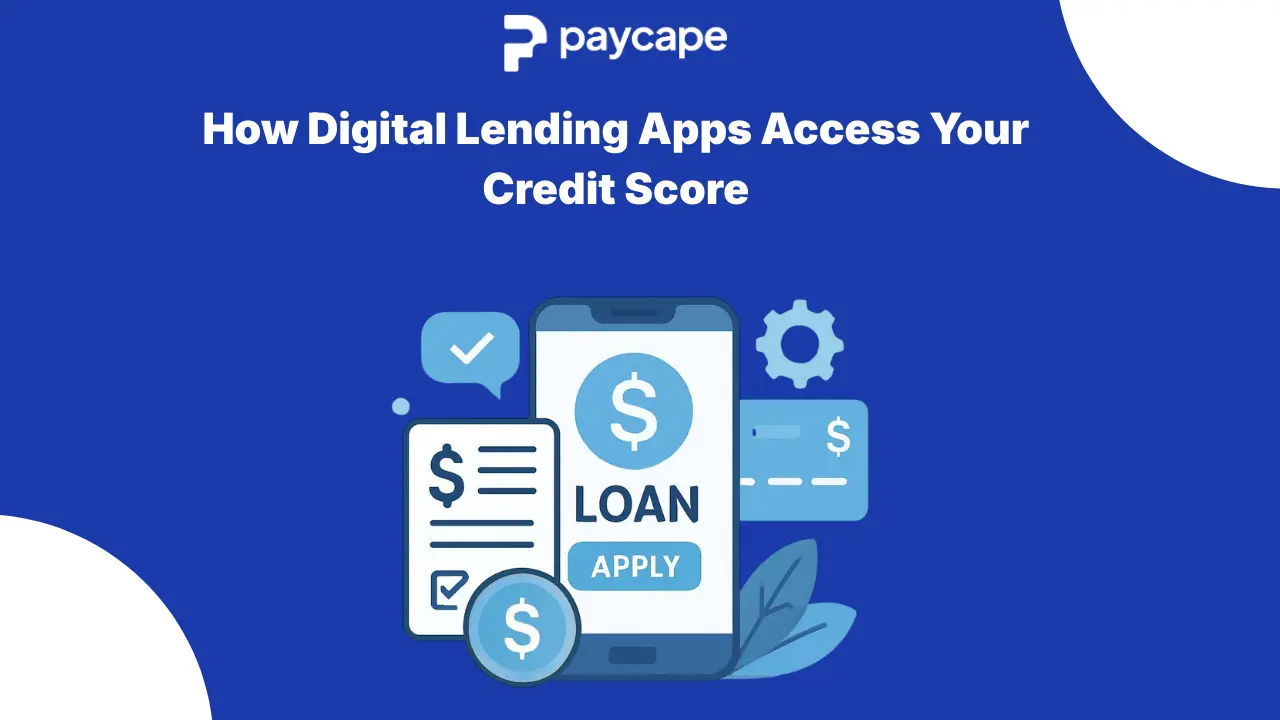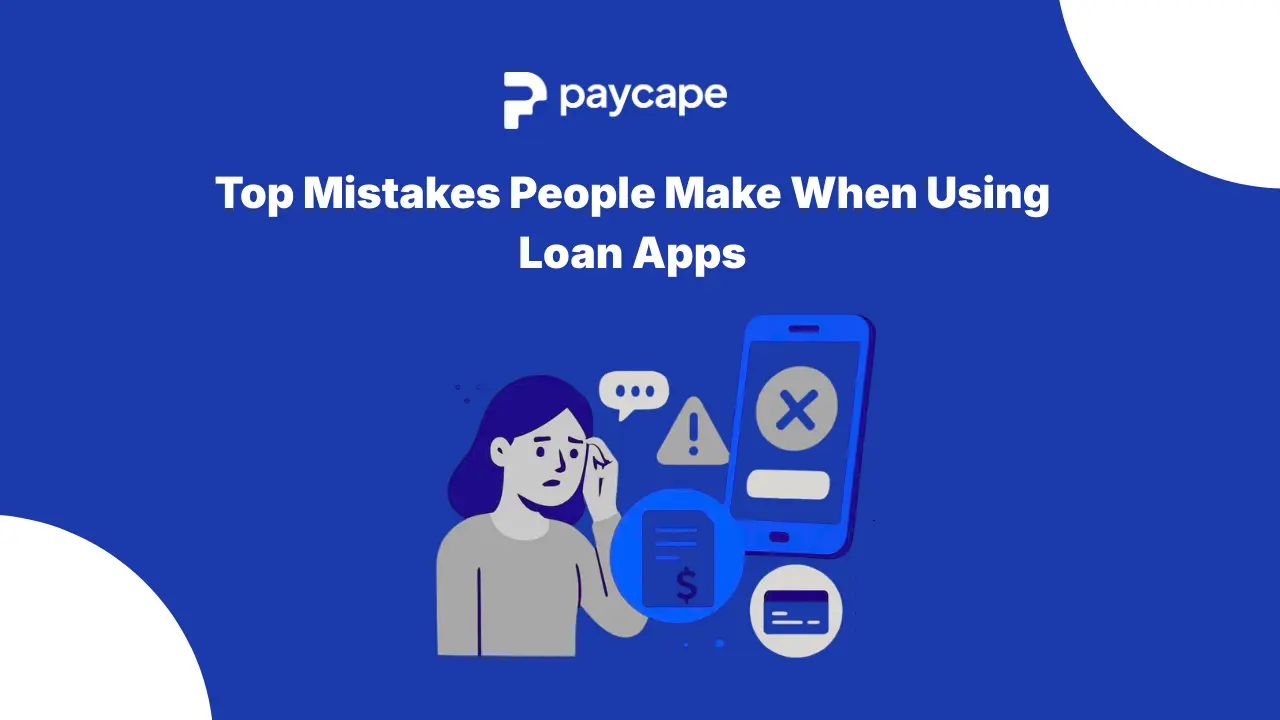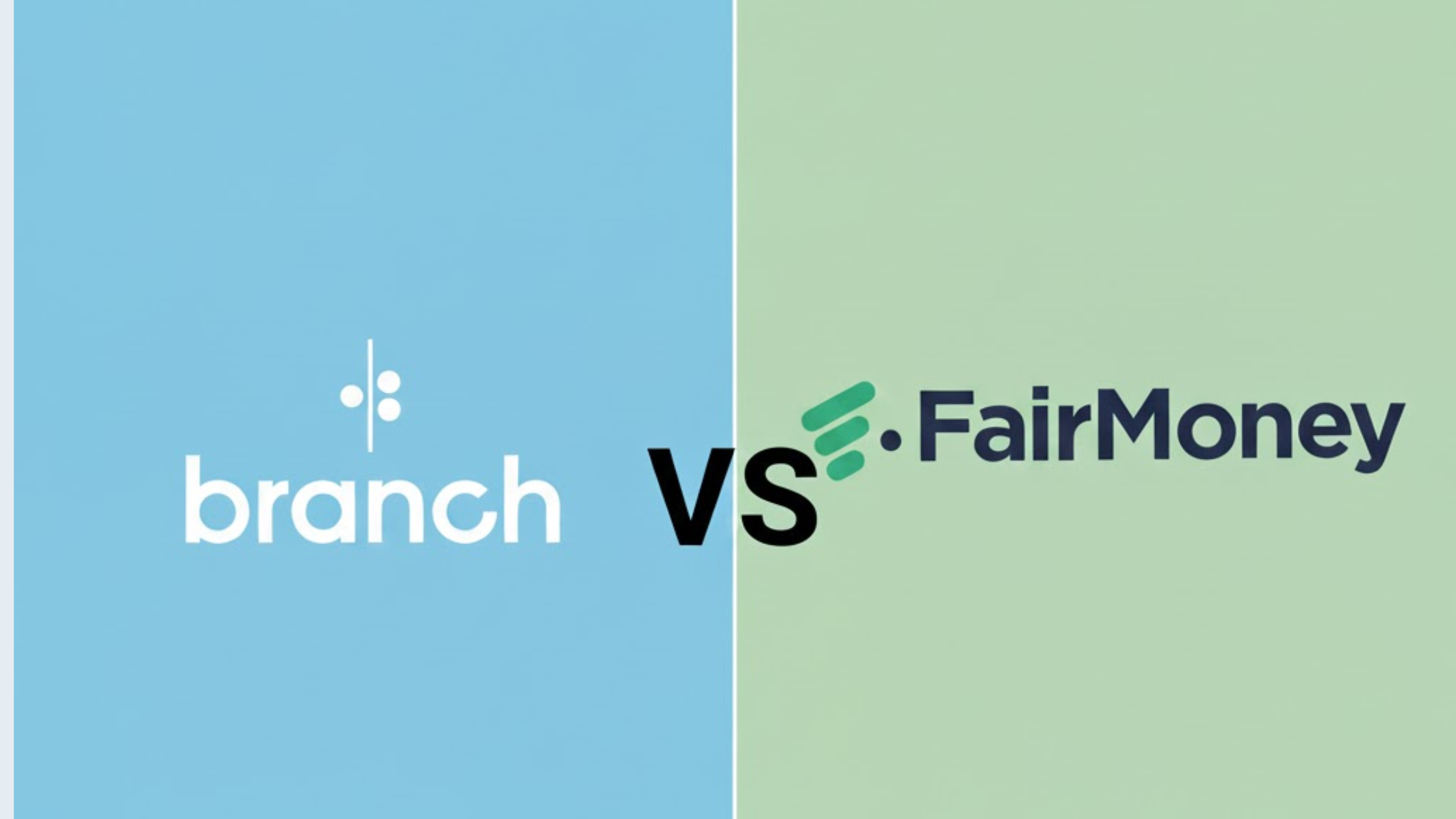When you’re facing an unexpected expense and your next salary is still weeks away, payday loans might seem like a quick solution. But before you consider this option, it’s crucial to understand exactly what you’re getting into. In this comprehensive guide, we’ll break down everything you need to know about payday loans, from how they operate to the serious risks they pose to your financial health.
Understanding What Payday Loans Really Are
Payday loans are short-term, high-interest loans designed to bridge the gap between paychecks. These cash advance loans typically range from a few hundred to several thousand naira, rand, or cedi, depending on your location and income.
The basic premise of payday loans seems straightforward: you borrow money against your next paycheck and repay it when your salary arrives. In countries like Nigeria, Ghana, Kenya, and South Africa, these quick cash loans have become increasingly popular among workers who face unexpected expenses between pay periods.
However, payday loans come with extremely high interest rates and fees that can trap borrowers in cycles of debt. A typical two-week payday loan with a $15 per $100 fee equates to an annual percentage rate (APR) of almost 400 percent, making them one of the most expensive forms of borrowing available.
How Payday Loans Work in Practice
The process of obtaining payday loans is deliberately simple and fast, which is part of their appeal. Most payday lenders require minimal documentation, typically just proof of employment, a bank account, and identification.
Here’s how the typical payday loan process works: You visit a lender (either online or in-person), provide your employment details and bank information, then receive cash or a direct deposit, usually within hours. The lender then holds a post-dated check or electronic authorization to withdraw the full amount plus fees from your account on your next payday.
In Africa, many payday loan providers operate through mobile apps or online platforms, making instant loans accessible even in remote areas. Companies advertise same-day approval and funding, targeting people who need emergency cash for medical bills, school fees, or unexpected expenses.
The repayment terms for these short-term loans are typically two to four weeks, aligning with most people’s pay cycles. However, if you can’t repay on time, most lenders offer rollovers or extensions, for additional fees that can quickly multiply your debt burden.
The Hidden Costs and Dangerous Debt Cycles
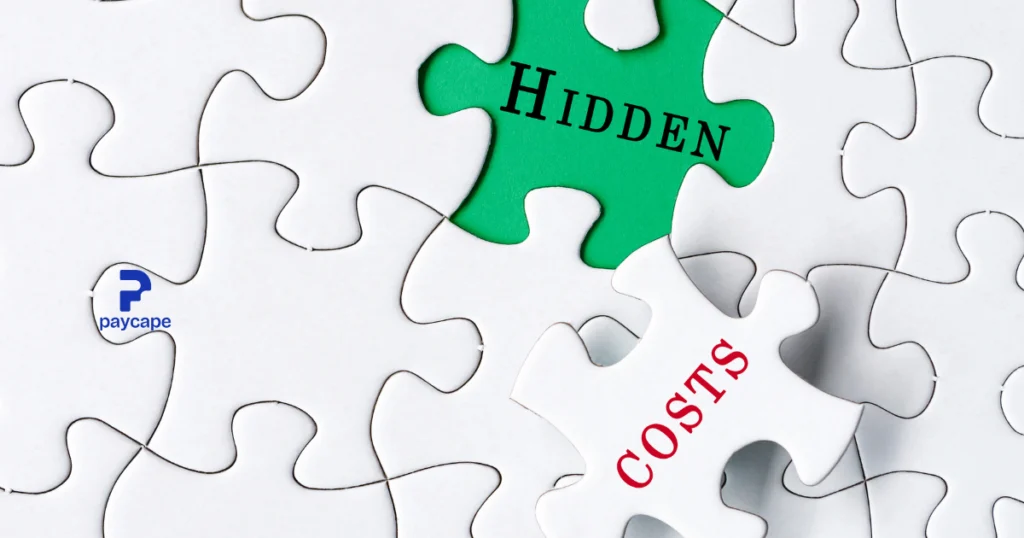
What makes payday loans particularly dangerous is their cost structure. While lenders advertise fees rather than interest rates, the annual percentage rates (APRs) on these personal loans are outrageous by any standard.
The Annual Percentage Rate (APR) of these loans is usually 400% or more on a typical 14-day loan, making them far more expensive than credit cards, bank loans, or even informal borrowing arrangements. For borrowers already struggling with the high cost of living, these rates can be devastating.
The real danger lies in the rollover cycle. When borrowers can’t repay their payday loans on time, they often take out new loans to cover the old ones, paying additional fees each time. This creates a debt trap where people end up paying more in fees than they originally borrowed.
Consider this example: If you borrow ₦50,000 in Nigeria with a typical payday loan fee structure, you might pay ₦7,500 in fees for a two-week loan. If you can’t repay and roll over the loan just four times, you’ll have paid ₦30,000 in fees alone, that is more than half of what you borrowed.
Red Flags and Warning Signs to Watch For
Before considering any payday loans, borrowers should be aware of several warning signs that indicate predatory lending practices. Predatory lending is any lending practice that uses deceptive or unethical means to convince you to accept a loan under unfair terms.
Watch out for lenders who don’t clearly disclose the total cost of borrowing, pressure you to borrow more than you need, or don’t verify your ability to repay. Legitimate lenders will always provide clear information about fees, interest rates, and repayment terms upfront.
Be particularly cautious of online payday loan providers that operate without proper licensing in your country. In South Africa, for example, all credit providers must be registered with the National Credit Regulator. In Nigeria, money lenders must comply with state regulations and obtain proper licenses.
Other red flags include lenders who request upfront fees, ask for your PIN or banking passwords, or use high-pressure sales tactics. Reputable emergency loan providers will never ask for payment before providing a loan or request sensitive banking information beyond what’s necessary for legitimate verification.
Better Alternatives to Consider
Instead of turning to payday loans, African consumers have several safer options for handling financial emergencies. Traditional bank personal loans, while requiring better credit, offer much lower interest rates and longer repayment terms.
Credit unions and cooperative societies, which are popular across Africa, often provide small loans to members at reasonable rates. Many employers also offer salary advances or emergency loan programs that can help bridge financial gaps without the extreme costs of payday lending.
Mobile money services like M-Pesa in Kenya, MTN MoMo in Ghana and Nigeria, and similar platforms increasingly offer micro-lending features with more transparent terms than traditional payday loans. These fintech lending options often have lower fees and integrate with your existing financial habits.
Building an emergency fund, even if you start with small amounts, remains the best protection against unexpected expenses. Setting aside just ₦500 or R50 weekly can create a substantial buffer over time, eliminating the need for high-cost borrowing.
Making Smart Financial Decisions
The key to avoiding payday loan traps is understanding your complete financial picture and exploring all available options before borrowing. If you must borrow money for emergencies, compare the total cost of different loan types, not just the monthly payments or advertised fees.
Consider the impact of borrowing on your next paycheck. If taking out a payday loan means you’ll struggle to pay your regular expenses when your salary arrives, you’re likely setting yourself up for a cycle of repeated borrowing.
Always read loan agreements carefully and ask questions about anything you don’t understand. Legitimate lenders will be transparent about costs and willing to explain terms clearly. If a lender rushes you or discourages questions, consider it a major red flag.
Remember that financial emergencies are often opportunities to reassess your overall money management strategies. Use these situations to build better budgeting habits and establish emergency savings that can protect you from needing high-cost loans in the future.
Conclusion
While payday loans might offer quick access to cash, their extremely high costs and potential for creating debt cycles make them a dangerous option for most African consumers. Understanding how these loans work and recognizing their risks can help you make better financial decisions when facing unexpected expenses.
For comprehensive guidance on building emergency funds, managing debt, and finding safer borrowing alternatives, explore our detailed financial planning resources at PayCape. Our platform provides expert reviews and recommendations for financial tools that can help you achieve stability without falling into high-cost debt traps.
Frequently Asked Questions
Payday loan regulations vary by country. While some African nations have licensing requirements for money lenders, enforcement can be inconsistent. Always verify that any lender is properly licensed and complies with local regulations before borrowing.
Most payday lenders don’t report payments to credit bureaus, so timely repayment typically won’t improve your credit score. However, defaulting on payday loans can negatively impact your credit and ability to access other financial services.
Consequences vary by lender and country, but may include additional fees, collection calls, legal action, or negative impact on your credit. Some lenders offer repayment plans, but these usually involve additional costs.
Stop taking new loans, contact your lender to discuss payment plans, seek help from credit counseling services, and focus on building emergency savings. Consider borrowing from family or friends to pay off payday loans and avoid the cycle entirely.
Ready to scale your fintech across Africa?
Join Paycape to get discovered, find partners, and stay compliant across West Africa
Join the Waitlist